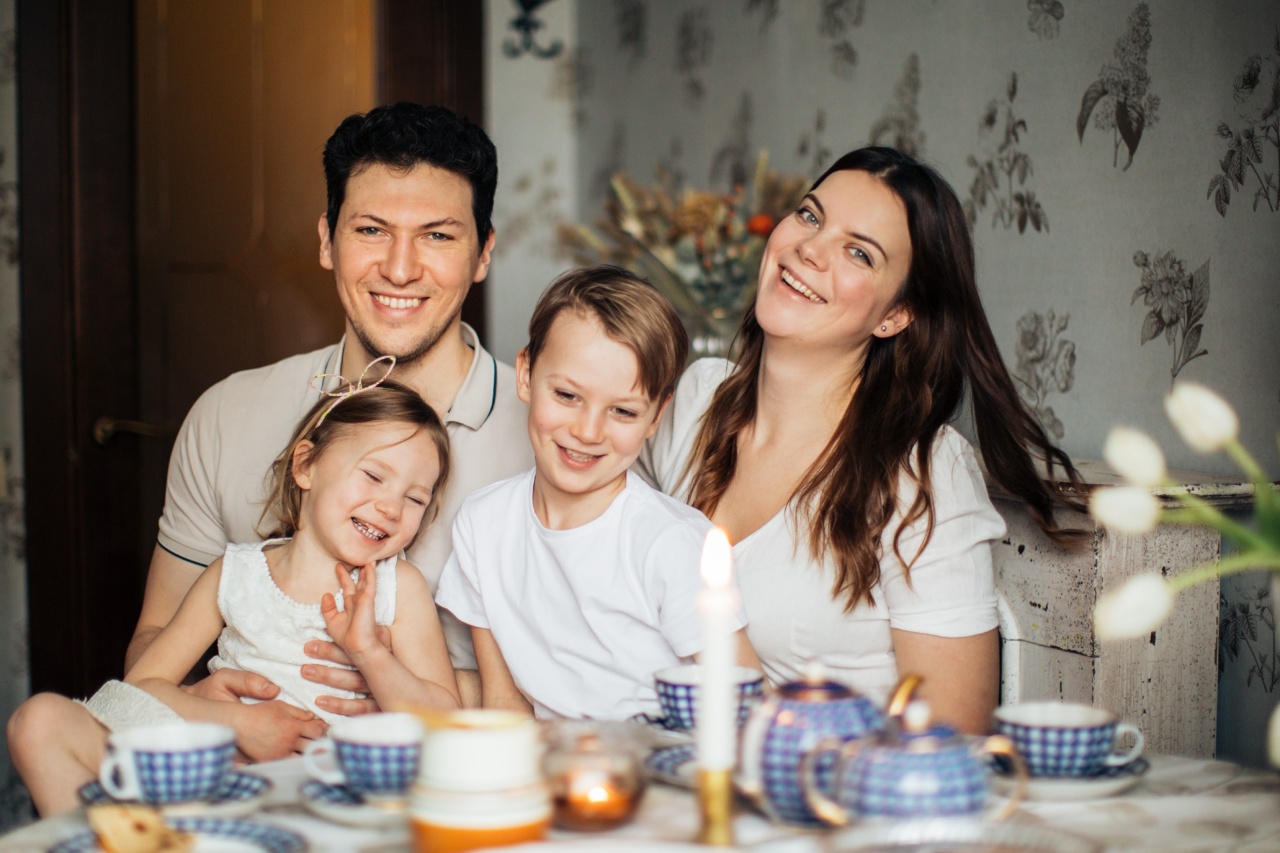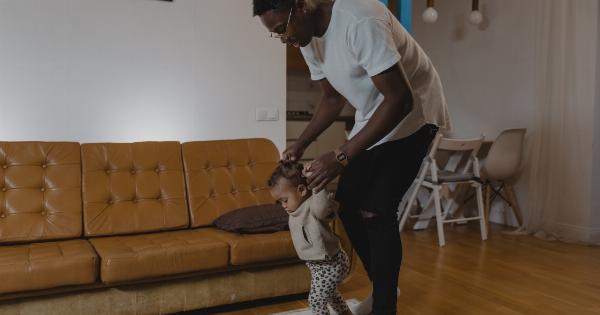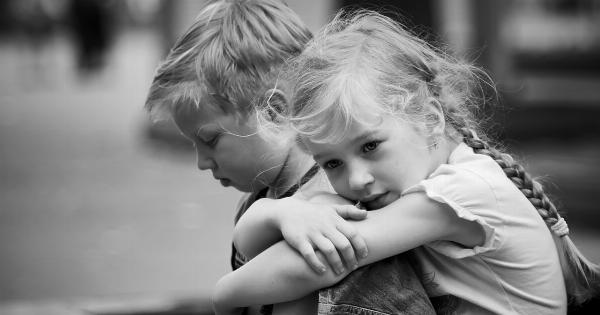Evros is a region located on the northeastern edge of Greece, sharing a border with Turkey. It is home to a diverse population, including many refugees and migrants who have crossed the border in search of safety and a better life.
The children in this region face numerous challenges, and it is imperative for communities to come together and provide them with the love and support they deserve.
The Plight of Evros’ Children
Children in Evros face a multitude of difficulties, primarily due to their displacement and exposure to violence and trauma. Many of them have experienced firsthand the horrors of war, forced migration, and separation from their families.
This has a profound impact on their physical and mental well-being, hindering their ability to thrive and achieve their full potential.
Access to Education and Health Services
One of the biggest challenges faced by these children is limited access to education and healthcare.
Due to the large number of refugees and migrants in the area, schools and medical facilities are often overwhelmed and unable to provide adequate support. As a result, many children are left without proper education and healthcare, further widening the gap between them and their peers.
The Importance of Emotional Support
Children who have experienced trauma require emotional support to heal and rebuild their lives. Unfortunately, due to the circumstances they have endured, many of them suffer from anxiety, depression, and other mental health issues.
It is essential for communities to come together and provide the necessary resources to address these challenges and help these children regain their sense of security and well-being.
Creating Safe Spaces
Creating safe spaces for children is crucial in helping them overcome their traumatic experiences.
These spaces provide a supportive environment where children can express their emotions, engage in play therapy, and connect with others who have similar experiences. It is through these safe spaces that children can learn to trust again and rebuild their lives.
Supporting Local NGOs
Local non-governmental organizations (NGOs) play a vital role in providing assistance and support to the children of Evros. These organizations work tirelessly to offer educational programs, psychosocial support, and access to healthcare services.
By supporting and collaborating with these NGOs, communities can make a significant impact on the lives of these children.
Community Engagement and Volunteerism
Coming together as a community and engaging in volunteer work is another essential aspect of helping Evros’ children. By volunteering our time and skills, we can contribute to providing the much-needed support to these children.
This can include teaching, mentoring, organizing recreational activities, or fundraising for essential resources.
Raising Awareness and Advocacy
Creating awareness about the plight of Evros’ children is vital in garnering support and resources from a wider audience.
Advocacy efforts can involve writing articles, sharing stories on social media platforms, and collaborating with local and international organizations to put pressure on governments to prioritize the needs of these children. By amplifying their voices, we can bring attention to their struggles and work towards long-term solutions.
Building Bridges Between Communities
The challenges faced by the children in Evros can only be effectively addressed through collaborative efforts between communities, both locally and internationally.
By building bridges and fostering partnerships, we can share knowledge, resources, and expertise to create sustainable solutions. This can involve exchange programs, cultural events, and promoting dialogue and understanding between different communities.
Government Support and Policy Changes
While community efforts are crucial, genuine and lasting change can only be achieved with government support and policy changes. Advocacy at the governmental level is essential to ensure that the rights and well-being of these children are protected.
This includes implementing policies that prioritize their education, healthcare, and integration into society, as well as providing funding for support services and capacity-building programs.
Conclusion
The children of Evros deserve a chance at a better future, free from the hardships they have endured.
By coming together as communities, supporting local NGOs, raising awareness, and advocating for policy changes, we can provide these children with the love, support, and opportunities they need to heal and thrive. It is only through our collective efforts that we can truly make a difference and hug Evros’ children.






























